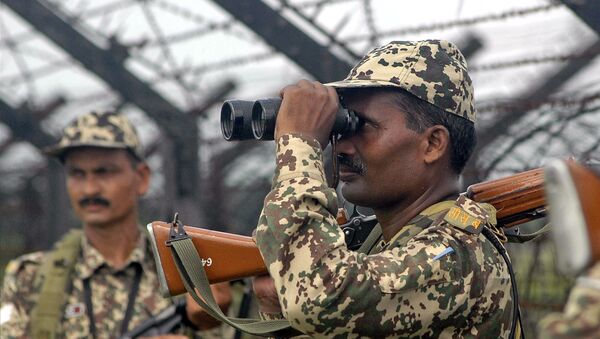Bangladesh India Joint Rivers Commission (JRC) talks scheduled to start from Wednesday have been postponed by request of the Bangladesh government, further delaying the exchange of data on six common rivers that flow between the two countries.
Technical committees of both countries were to have talks on 18-19 December to exchange updated data on Muhuri, Monu, Dharla, Khowai, Gumti and Dudhkumar rivers and decide on a framework for sharing their waters.
“The meeting is not taking place as we did not get the government order on it. We will fix a new date after discussing it with India,” ’The Daily Star newspaper of Bangladesh quoted KM Anwar Hossain, head of the nine-member delegation to India, as saying. There has been no reaction from India thus far.
The water-sharing data was last updated 34 years ago. India and Bangladesh have 54 common rivers, but only one formal treaty signed in 1996 that allows sharing of the River Ganges' waters. The joint river commission meeting was aimed at resolving differences over the sharing of trans-boundary rivers’.
The cancellation of the river-related talks comes a week after the Foreign and Home Ministers’ of Bangladesh had cancelled their respective visits to India, citing domestic commitments.
Bangladesh Foreign Minister A K Abdul Momen called off his scheduled two-day visit to India on 12 December, a day after he said that the contentious CAA could weaken India's status as a secular nation. He also rejected allegations of minorities in his country facing religious persecution.
Foreign Minister Momen’s announcement that he would not go to India was followed by Home Minister Asaduzzaman Khan also cancelling his visit to the northeastern state of Meghalaya on 13 December, without disclosing reasons for doing so.
The spokesperson of India’s Ministry of External Affairs, Raveesh Kumar, had said last week, that he would not like to comment on the issue beyond saying that New Delhi’s relationship with Dhaka was good.
India had enacted the controversial Citizenship Amendment Act (CAA) that grants nationality to Buddhists, Christians, Hindus, Jains, Sikhs, and Parsis facing religious persecution in Afghanistan, Pakistan, and Bangladesh and having arrived in the country before 2015.
The act contentiously does not grant rights of citizenship to Muslims arriving from these three neighbouring countries – something which protesters believe violates the Indian Constitution.




